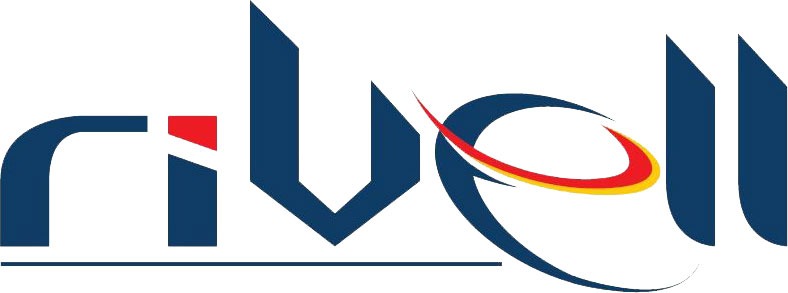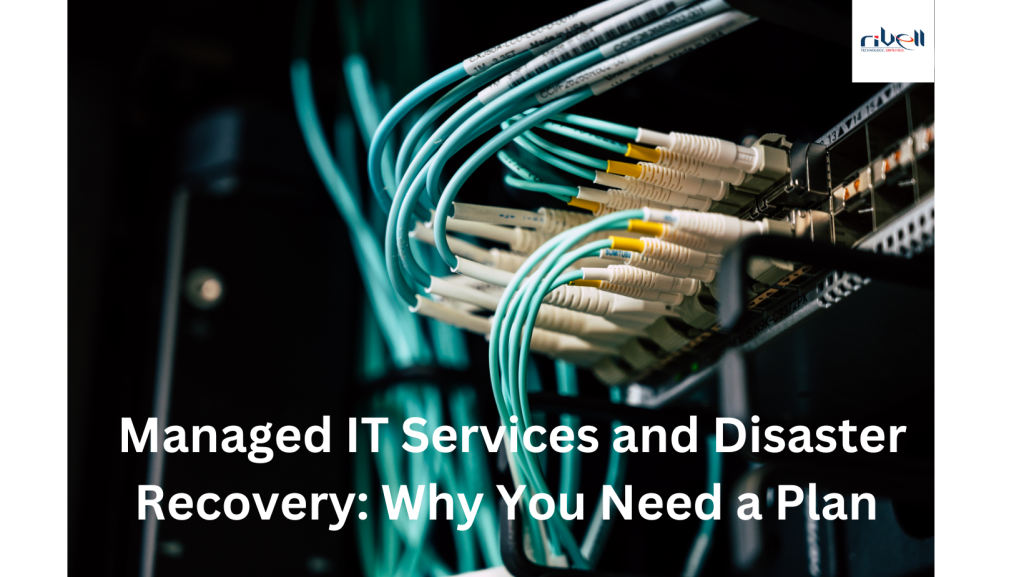Managed IT services and disaster recovery planning are two critical aspects of modern business operations. In today’s world, technology is the backbone of most businesses, and a disruption in technology can cause significant damage. This is where managed IT services and disaster recovery planning come in, to help businesses minimize the impact of a disaster.
This blog post will provide an overview of the importance of disaster recovery planning, the role of managed IT services in disaster recovery planning, and how to develop and implement a disaster recovery plan using managed IT services.
The Importance of Disaster Recovery Planning
Disasters, whether natural or human-made, can have a significant impact on businesses. Disasters such as fires, floods, cyberattacks, and power outages can disrupt business operations, cause data loss, and damage equipment. Having a disaster recovery plan in place is essential to minimize the impact of these disasters.
The benefits of having a disaster recovery plan in place include reducing downtime, minimizing data loss, and mitigating financial losses. In addition, having a disaster recovery plan can help businesses recover more quickly from a disaster and resume operations as soon as possible.
Developing a Disaster Recovery Plan with Managed IT Services
Managed IT services can help businesses develop and implement a disaster recovery plan that is tailored to their specific needs. The first step in developing a disaster recovery plan is to identify critical business functions. These are the processes and operations that are essential to the business’s survival. Once critical business functions have been identified, they can be prioritized based on their importance.
Managed IT services can also help establish recovery time objectives (RTOs) and recovery point objectives (RPOs). RTOs define how quickly the business needs to recover its data and systems after a disaster, while RPOs define the maximum amount of data that can be lost during a disaster.
Backup and Recovery Solutions with Managed IT Services
Managed IT services can help businesses implement backup and recovery solutions that are appropriate for their needs. These solutions can include cloud-based backup and recovery, data replication, and data archiving. Cloud-based backup and recovery solutions are becoming increasingly popular as they offer scalability, flexibility, and cost-effectiveness.
Data replication is another backup and recovery solution that involves creating an exact copy of data, applications, and systems in real-time. This ensures that if the primary system fails, the secondary system can be used immediately, minimizing downtime.
Data archiving involves moving data that is no longer needed for day-to-day operations to a separate storage device. This helps free up space on primary storage devices and reduces the time required for backup and recovery operations.
Testing and Refining Your Disaster Recovery Plan
Once the disaster recovery plan has been developed and implemented, it is essential to test and refine the plan regularly. This ensures that the plan is effective and can be executed quickly when a disaster strikes.
Managed IT services can help with testing and refinement by providing guidance on best practices for testing disaster recovery plans. Regular testing ensures that the plan is up-to-date and that any issues can be addressed promptly.
Conclusion
In conclusion, disaster recovery planning is a critical aspect of modern business operations. The impact of a disaster can be significant and having a disaster recovery plan in place can minimize downtime, data loss, and financial losses. Managed IT services can play a crucial role in developing and implementing a disaster recovery plan that is tailored to the business’s specific needs. By implementing appropriate backup and recovery solutions, testing and refining the disaster recovery plan regularly, businesses can be better prepared to recover quickly from a disaster.
If you are a business owner in New Jersey looking for reliable and efficient IT solutions, consider partnering with Managed Services Providers in New Jersey. Rivell offers a range of managed IT services, including disaster recovery planning, cloud solutions, cybersecurity, and more.











